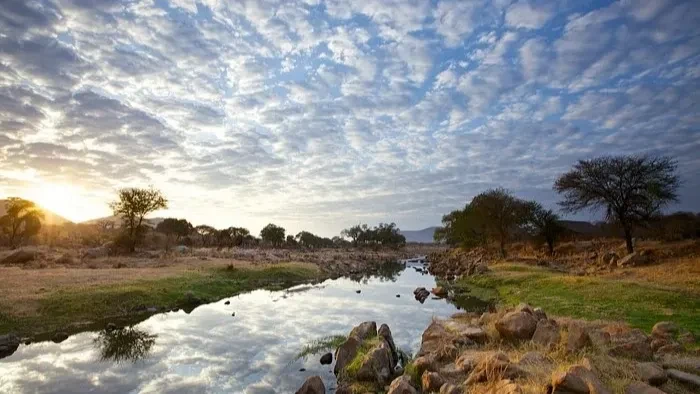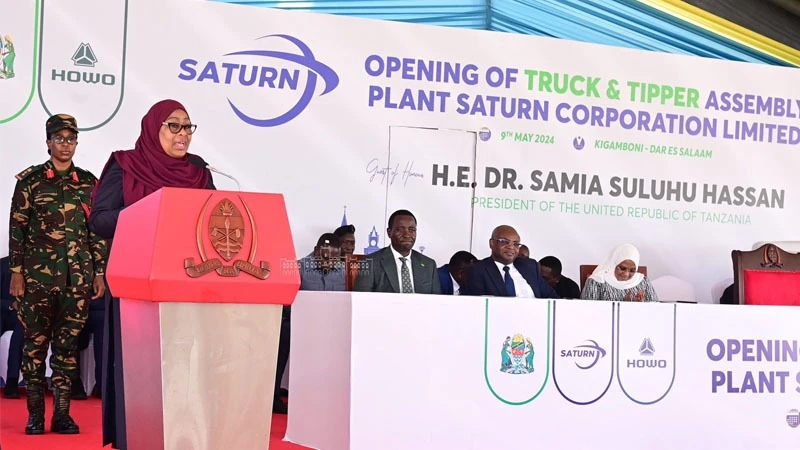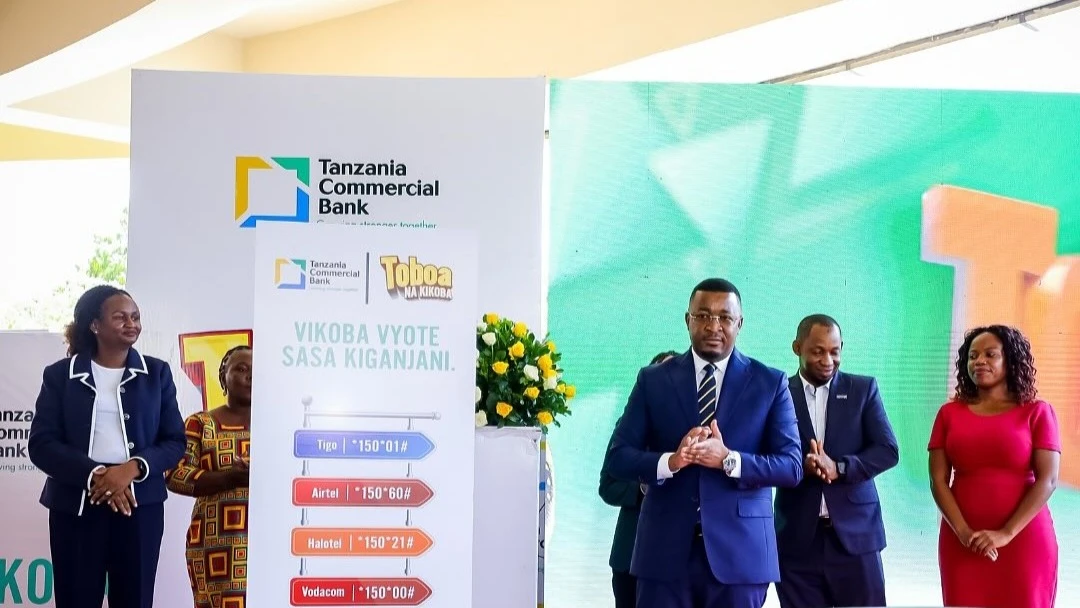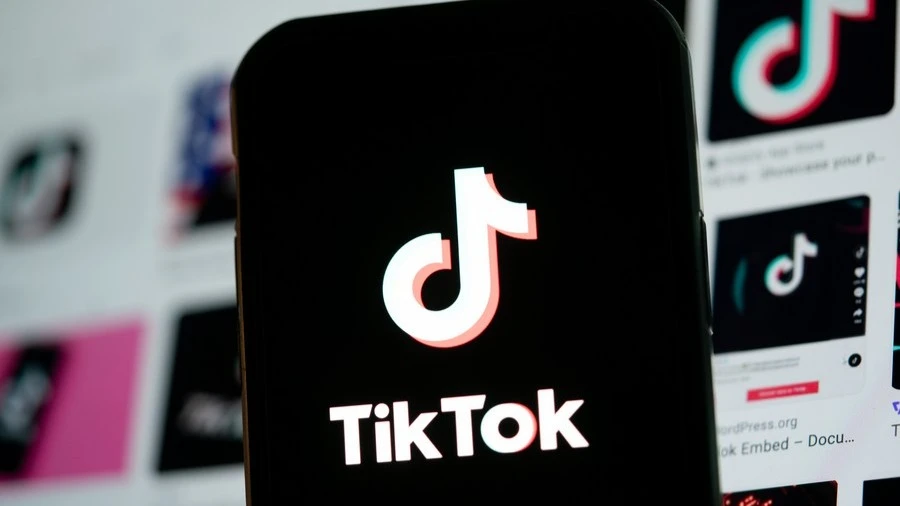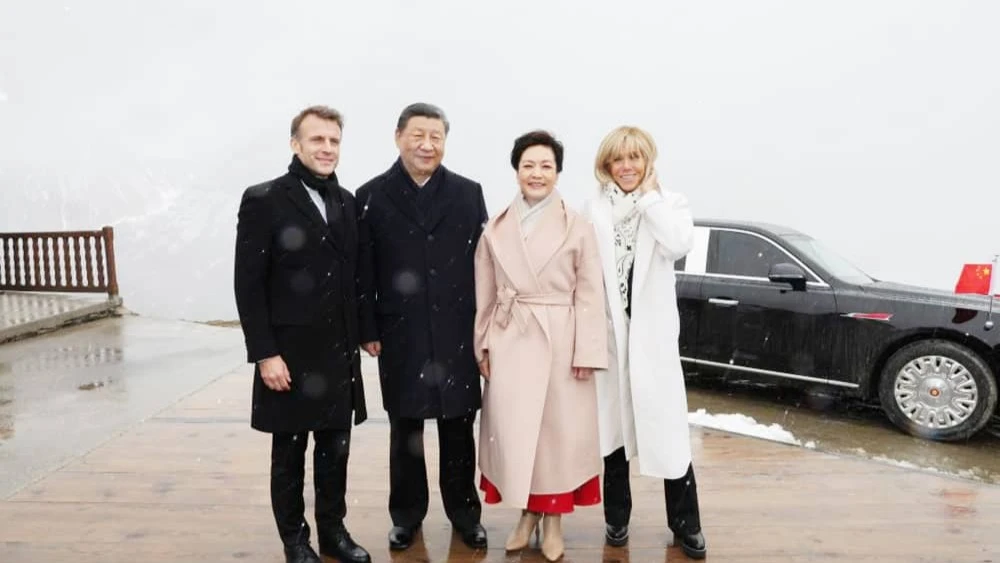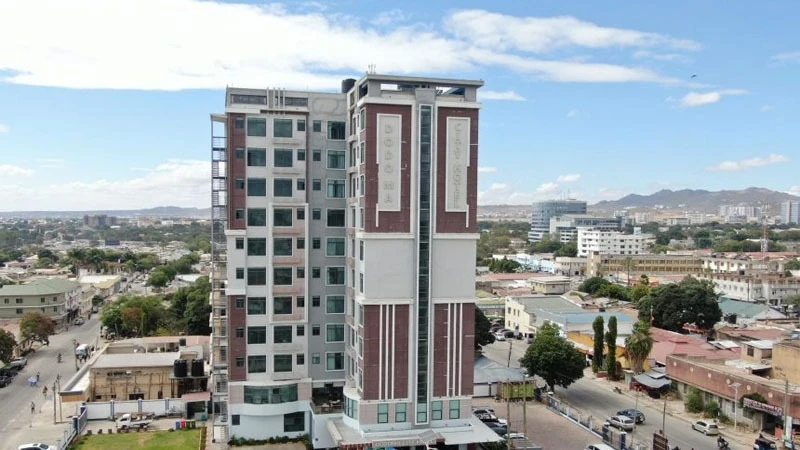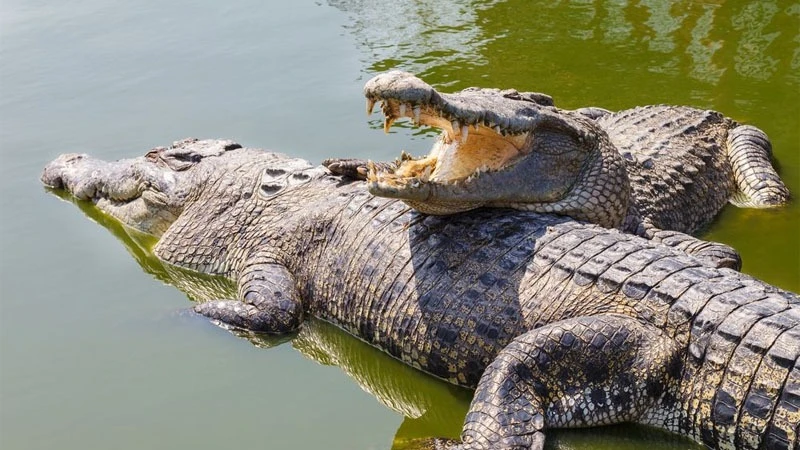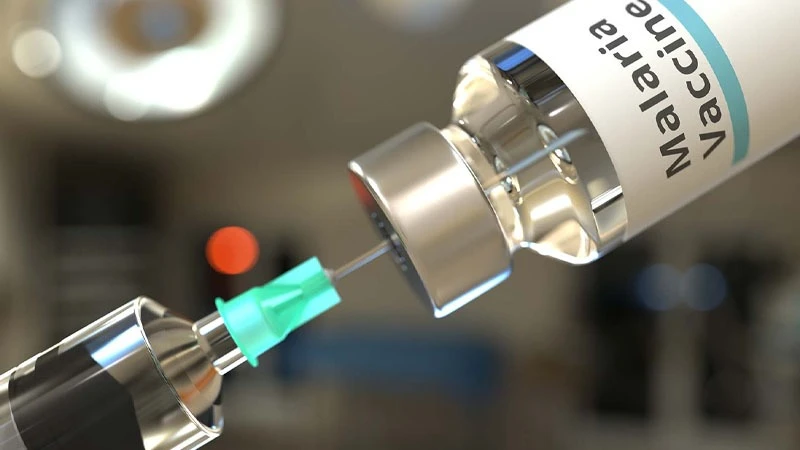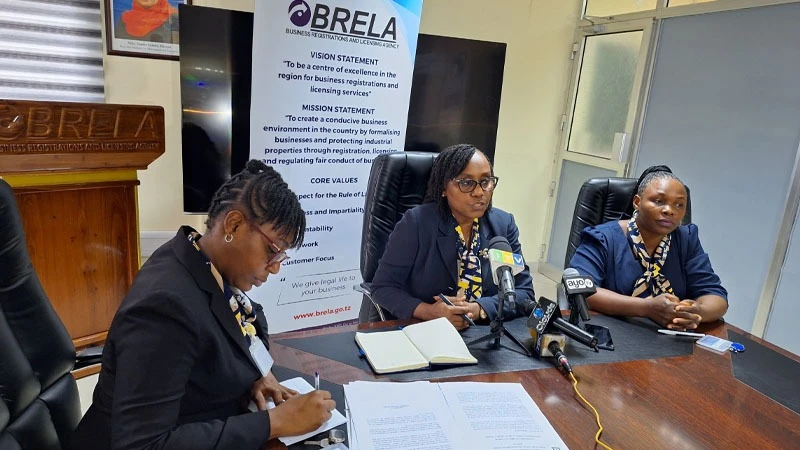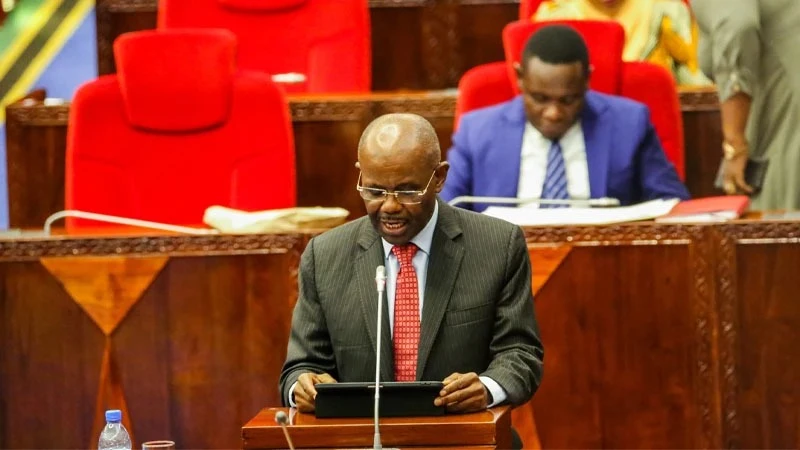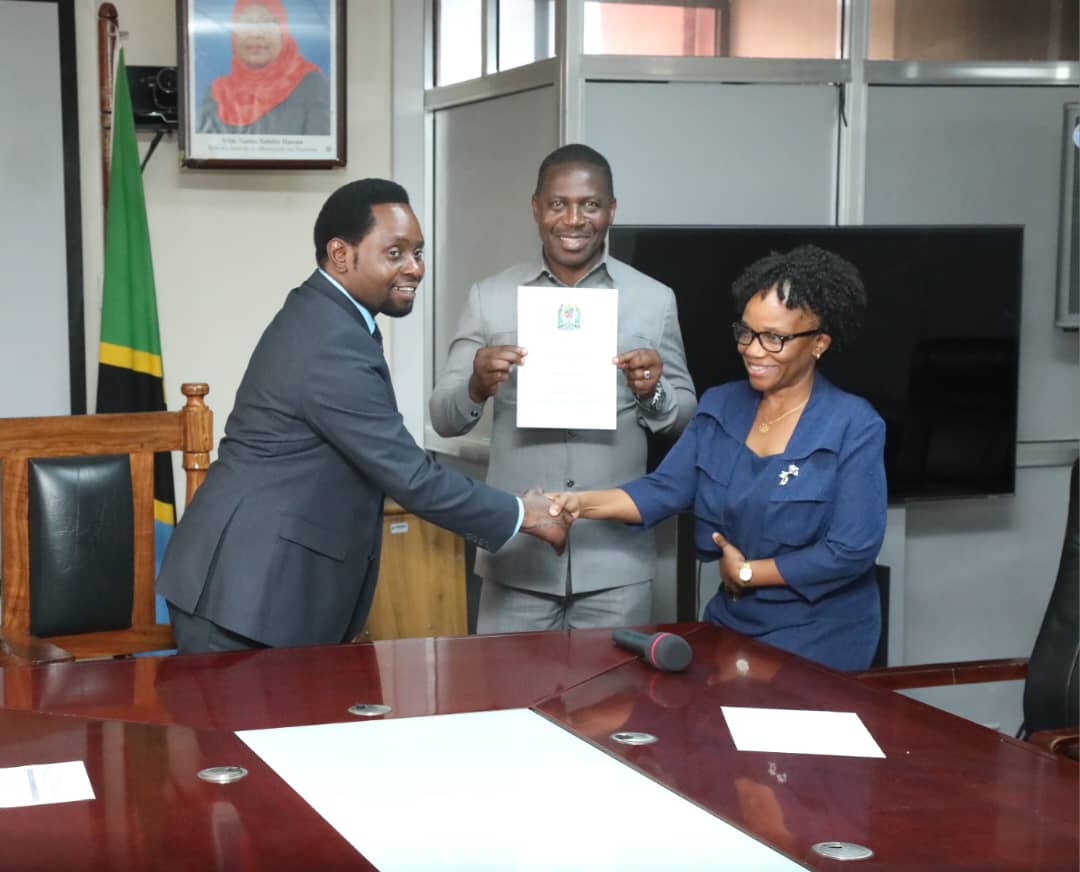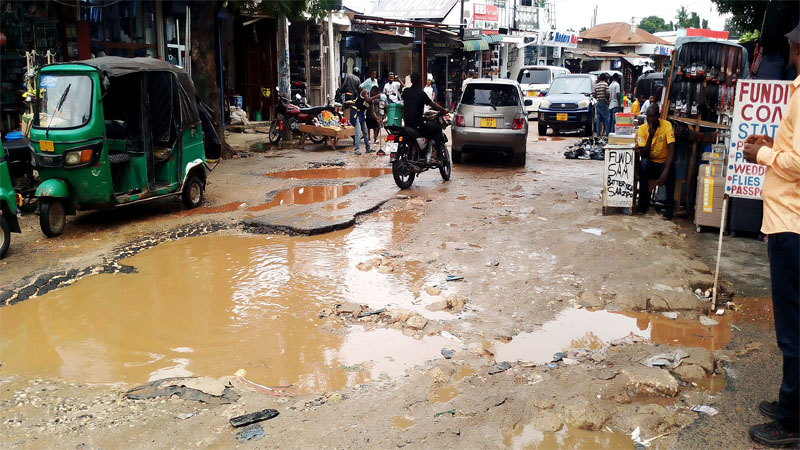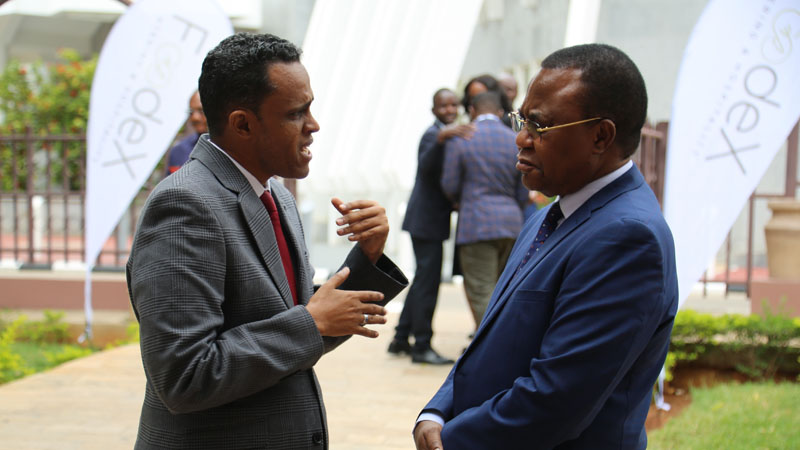GGML showcases modern technologies OSHA Arusha exhibition
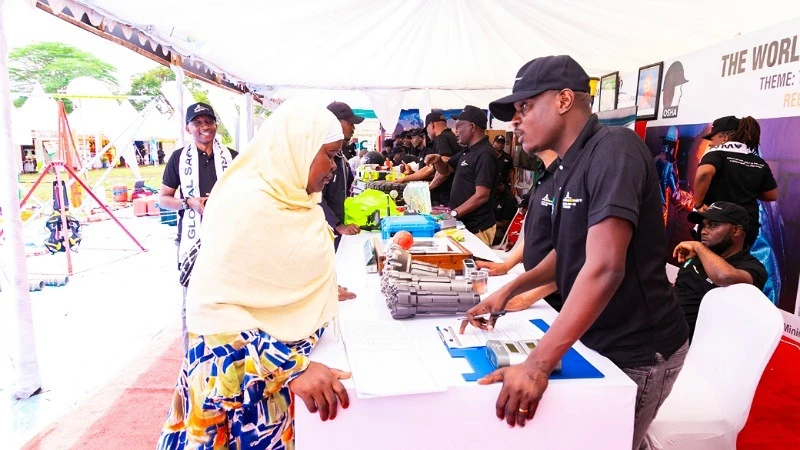
As part of efforts to educate participants and visitors to the Occupational Health and Safety Exhibition on safety in their activities, Geita Gold Mining Limited (GGML), a subsidiary of AngloGold Ashanti, has brought various modern equipment to give participants the opportunity to learn modern rescue technologies.
This is according to GGML's Safety Officer, Isack Senya, who was speaking to journalists at this year's annual exhibition, which coincides with World Health and Safety Day, coordinated by the Occupational Safety and Health Authority and held at the General Tyre compound in Arusha.
"As always, GGML recognises the importance of health and safety at work and it is our first value. GGML has more than 45 employees representing the company at this exhibition who are providing various trainings and demonstrations on health and safety issues at work," said Senya.
Senya said GGML brought various equipment to the exhibition, in line with this year's theme of "Climate Change and the Impact on Safety and the Environment" including a special radar system that has the ability to detect a wall failure as mining activities continue.
He said the radar gives early warning to remove people from the area if the wall or rock is about to fall.
"This device looks at the mining area and as it rotates it takes satellite images. These images are fed back into the system (scanned) to see if there is any movement of the wall that could cause an impact, it alerts the specialist and takes appropriate action.
"This radar helped a lot in 2007 when there was a huge collapse of the wall, but thanks to this device it was detected early and appropriate measures were taken to control it," he said.
"We have seen various effects caused by climate change, so it is important now to make sure that our education is focused on these areas," he said, adding that they are providing basic health services at the pavilion, including testing for diabetes and high blood pressure.
In addition to the radar, he said the GGML had also brought a water rescue boat, underground mining rescue equipment, as well as education about major disasters and disaster control that can be avoided.
He said they have already trained 50 women food vendors in the Arusha region on how to protect themselves and deal with fire hazards, and distributed cooking gas cylinders to them.
He also said that they expect to provide training to taxi motorcycle drivers to educate them on how to focus on safety in their activities.
He said that due to strong disaster management systems as well as attention to occupational health and safety issues, GGML has not had any fatalities due to these mining activities for more than 14 years.
Top Headlines
© 2024 IPPMEDIA.COM. ALL RIGHTS RESERVED





